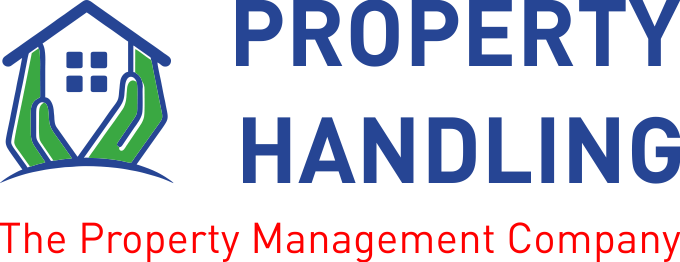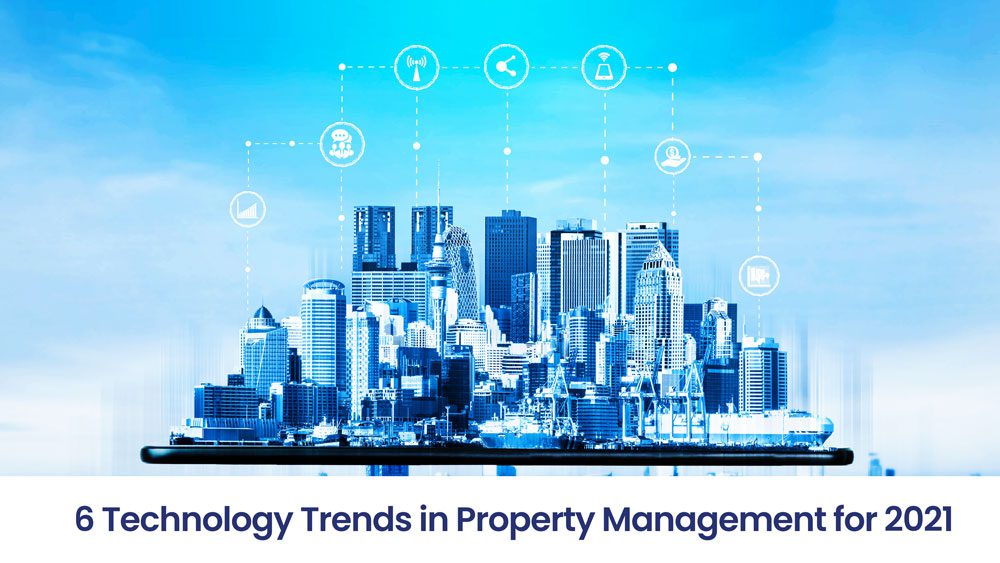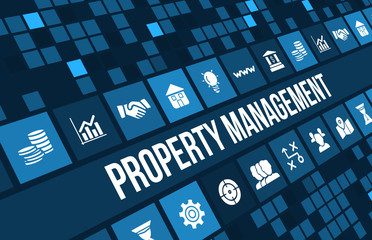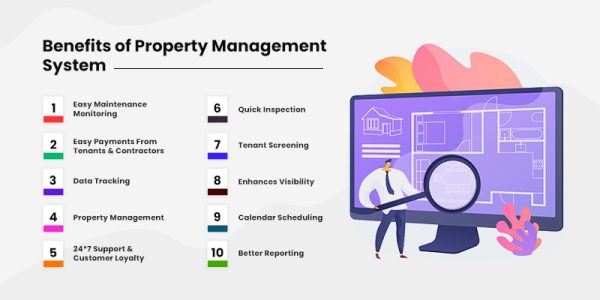
Understanding and Managing Tenant Complaints
Managing a rental property involves more than just collecting rent; it requires addressing the concerns and complaints of tenants. Tenant complaints are an inevitable part of property management, but how you handle them can significantly impact tenant satisfaction and the overall success of your property. In this comprehensive guide, we will delve into the common types of tenant complaints, understand the underlying issues, and provide practical strategies for effective management and resolution.
What are Common Types of Tenant Complaints:
Tenant complaints in property management span various categories, with common grievances revolving around issues like noise disturbances, maintenance and repair delays, cleanliness concerns, disagreements related to lease agreements, safety apprehensions, and communication breakdowns. Noise disturbances can disrupt the tranquility of a living space, while delays in maintenance and repairs can lead to tenant frustration. Pests and cleanliness issues often spark complaints, affecting the overall satisfaction of occupants. Lease agreement disputes may arise over terms or changes, and safety concerns encompass anything from faulty wiring to inadequate security measures. Communication problems, whether due to unresponsiveness or unclear information, can strain the landlord-tenant relationship. Understanding these common types of complaints is pivotal for property managers seeking to foster positive tenant experiences and maintain a harmonious rental environment.
What methods can be employed to discern and address the root causes of tenant complaints
Effectively addressing the root causes of tenant complaints in property management requires a multifaceted approach. Firstly, fostering open lines of communication is essential to encourage tenants to express their concerns freely. Regular property inspections provide insights into potential issues before they escalate. Clear and comprehensive lease agreements set expectations, helping to prevent disputes. Responsive and prompt communication when addressing concerns can enhance tenant satisfaction. Additionally, analyzing patterns in complaints and identifying recurring issues allows property managers to implement preventive measures, addressing the root causes at their source. By combining these methods, property managers can create a proactive strategy to discern, address, and ultimately mitigate the root causes of tenant complaints, contributing to a more harmonious landlord-tenant relationship and a well-maintained property.
How to Creating a Transparent and Accessible Complaint Process
Establishing a transparent and accessib complaint process in property management involves implementing user-friendly systems and clear communication channels. Firstly, providing tenants with easily accessible platforms for submitting complaints, such as online portals or dedicated email addresses, ensures a straightforward process. Clearly outlining the steps for submitting a complaint, including any required documentation,sets expectations for tenants and streamlines the resolution process.Additionally, establishing reasonable response times is crucial to demonstrate the property manager’s commitment to addressing concerns promptly. Regularly updating tenants on the status of their complaints through various communication channels fosters transparency and builds trust. By prioritizing clarity, accessibility, and responsiveness, property managers can create a complaint process that not only addresses tenant concerns effectively but also promotes a positive and communicative landlord-tenant relationship.
What are key strategies for effective communication in Tenant Complaint
Effective communication is paramount in managing tenant complaints. Promptly acknowledging tenant concerns demonstrates attentiveness and lays the groundwork for a positive resolution. Regular updates on the status of the complaint reassure tenants that their issues are actively being addressed, fostering transparency and trust. Utilizing diverse communication channels such as email, phone, and in-person meetings accommodates varying preferences and ensures accessibility. Clear and concise language, free from jargon, helps avoid misunderstandings and ensures tenants fully comprehend the resolution process. Additionally, active listening to tenant grievances allows property managers to better understand the root causes, facilitating more targeted and effective responses. By incorporating these key communication strategies, property managers can navigate tenant complaints with transparency, responsiveness, and understanding, thereby cultivating aharmonious landlord-tenant relationship.
Read More About Tenant Management Services
How to navigate legal considerations in Tenant compliance
Navigating legal considerations in tenant compliance involves a thorough understanding of local laws and regulations governing landlord-tenant relationships. Property managers must stay informed about tenant rights and responsibilities to ensure compliance with legal requirements. Documenting all communication and actions related to tenant complaints is crucial for legal protection. Fair and lawful resolutions to disputes, coupled with adherence to lease agreements, help maintain compliance. In cases where disputes escalate, seeking legal advice or mediation may be necessary to ensure a fair and legal resolution. By prioritizing legal compliance, property managers can mitigate potential risks, build trust with tenants, and foster a stable and legally sound environment for both parties involved.
How to inform tenants about property expectations
Effectively informing tenants about property expectations involves comprehensive communication strategies. Providing a detailed and accessible tenant handbook is a foundational step, offering a centralized source of information on policies, rules, and expectations. Conducting orientation sessions for new tenants further ensures they grasp the property’s nuances, fostering a proactive approach to compliance. Encouraging open communication channels from the outset creates an environment where tenants feel comfortable seeking clarification on expectations. Property managers should emphasize the importance of mutual respect and responsibility, cultivating a positive relationship that aligns with the established expectations. By combining these approaches, property managers can proactively educate tenants, minimizing misunderstandings and contributing to a harmonious living environment.
How to solve Tenant Complaints at Property Handling Company
Effectively resolving tenant complaints at a property management company necessitates a structured and empathetic approach. Upon receiving a complaint, prompt acknowledgment is crucial, demonstrating responsiveness and concern. Establishing clear communication channels ensures tenants can easily submit their grievances, fostering transparency. Prioritizing urgent matters and implementing proactive resolutions prevent issues from escalating. Regular updates on the status of complaint resolutions help maintain tenant confidence in the process. Leveraging technology, such as property management software, facilitates streamlined communication and efficient tracking of resolutions. Collaborating with tenants to understand their perspective and concerns fosters a cooperative approach to problem-solving. By combining these strategies, property management companies can not only address tenant complaints effectively but also strengthen relationships, contributing to overall tenant satisfaction and a well-managed property.
Read More About How to manage tenants
Conclusion:
Effectively managing tenant complaints is not just about putting out fires; it’s about building a positive and mutually beneficial relationship with your tenants. By understanding the common types of complaints, addressing root causes, and implementing transparent communication and resolution processes, landlords and property managers can create a harmonious living environment. Remember, the goal is not only to resolve complaints but also to foster a sense of trust, respect, and satisfaction among tenants, leading to a successful and thriving rental property.
Related Posts
The Best Residential Plots for Sale in Amaravati
The Best Residential Plots for Sale in Amaravati: A Comprehensive Guide Amaravati, the vibrant capital…
Top Locations for CRDA Approved Plots in Amaravathi
Top Locations for CRDA Approved Plots in Amaravathi Choosing the right location for investing in…
Why Invest in CRDA Approved Plots in Amaravathi
Why Invest in CRDA Approved Plots in Amaravathi Investing in CRDA (Capital Region Development Authority)…
How to Create a Tenant-Friendly Property: Tips for Landlords
Title: Why Invest in CRDA Approved Plots in Amaravathi Investing in CRDA (Capital Region Development…
The Role of Technology in Modern Property Management
Streamlining Property Management: The Impact of Technology in Modern Real Estate In the ever-evolving landscape…
Common Challenges in Tenant Management and How to Overcome Them
Common Challenges in Tenant Management and How to Overcome Them Tenant management is a crucial…
Essential Qualities to Look for in a Property Management Company
Essential Qualities to Look for in a Property Management Company Choosing the right property management…
Tips for Building a Strong Community in Multi-Family Rental Properties
10 Proven Strategies for Cultivating a Thriving Community in Multi-Family Rental Properties In the realm…
Best Practices for Conducting Background Checks on Potential Tenants
Ensuring Reliable Tenants: Best Practices for Background Checks In the realm of property management, securing…
Integrating Advanced Tech in Property Management
Integrating Advanced Technology into Property Management Services for Enhanced Efficiency In an era defined by…
Cost-Effective Solutions for Managing Maintenance in Property Management Services
Cost-Effective Solutions for Managing Maintenance in Property Management Services. In the realm of property management…
The Role of Property Management in Community Living
The Role of Property Management in Community Living Property management plays a pivotal role in…
Effective Tenant Retention Strategies
Effective Tenant Retention Strategies Effective tenant retention strategies are essential for landlords and property…
Benefits of Professional Property Management for Overseas Investors.
Benefits of Professional Property Management for Overseas Investors. Professional property management offers invaluable benefits for overseas…
The Future of Real Estate: Trends in Property Management
The Future of Real Estate: Trends in Property Management The future of real estate holds…
